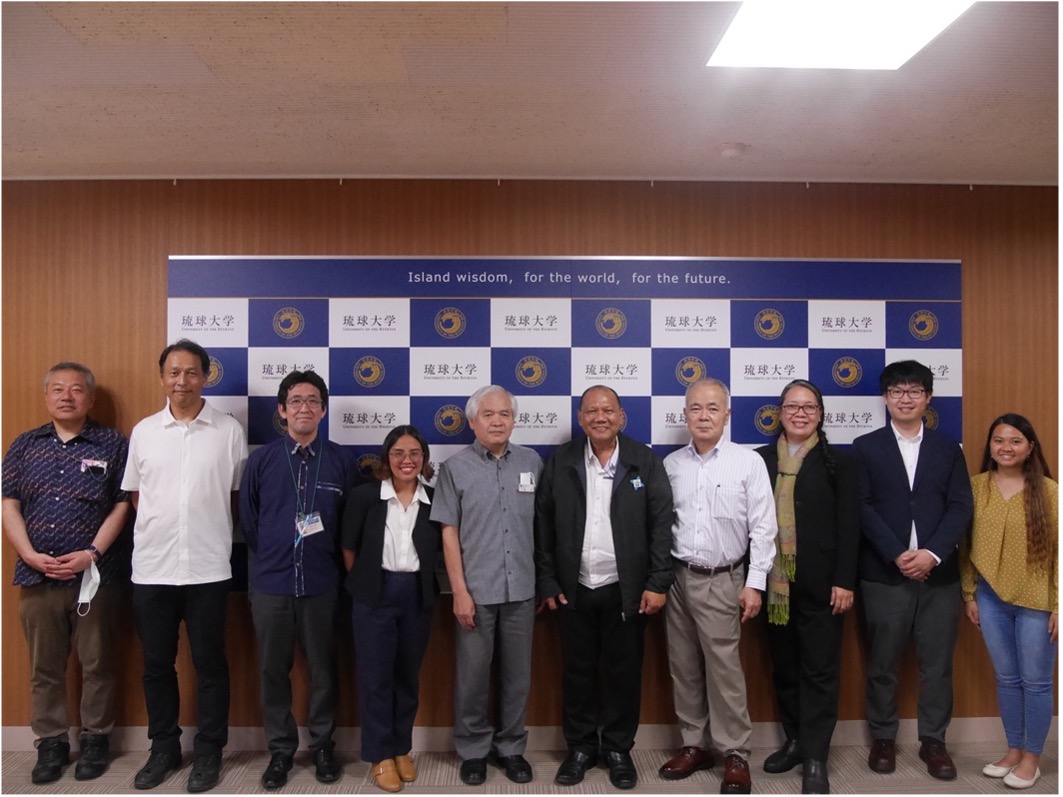The Philippine Council for Agriculture, Aquatic and Natural Resources Research and Development of the Department of Science and Technology (DOST-PCAARRD) supported the Mindanao State University-Naawan (MSU-Naawan) in implementing a pioneering research of using environmental DNA (eDNA) from mangrove waters to identify aquatic species and model the impacts of climate change on species diversity.
The study is being done in collaboration with research partners in Japan and Indonesia under the e-Asia Joint Research Program, a multilateral international joint initiative among East Asia Summit (EAS) member countries.
The project, “Application of eDNA Metabarcoding in Faunal Biodiversity Assessment of IndoPacific Mangroves Vulnerable to Climate Change: Philippine Node (e-Asia),” intends to use eDNA in developing a standardized tool to monitor fish and other invertebrate species in different mangrove ecosystems. The study is being conducted in Indo-Pacific mangroves currently threatened by human and climate change impacts. Compared to conventional methods of coastal biodiversity assessments, aquatic eDNA metabarcoding is non-invasive and non-destructive.
To improve the implementation of eDNA metabarcoding research in the Philippines, the team from MSU-Naawan, headed by the project leader Venus E. Leopardas with ISP Manager for Environmental Services-Climate Change Marcelino U. Siladan of DOST-PCAARRD, embarked on a technology benchmarking at the University of Ryukyus (UR) on May 13-18, 2023. The activity, supported through the DOST-PCAARRD’s Foreign Travel Fund, intended to evaluate how UR conducts its eDNA research and acquire information of the processes, facilities, and technology in eDNA metabarcoding to improve the implementation of the project in the Philippines.
The benchmarking proper was facilitated by UR Professor Tadashi Kajita and assisted by Assistant Professor Yokinobu Isowa. The UR expressed interest in doing another collaboration in research and development (R&D) and in capacity development of Filipino students working on genetic-related research and innovations. DOST-PCAARRD also supported the goal of making MSU-Naawan as the future Center of eDNA research in the country with the help of UR.
The Philippine team visited UR’s state-of-the-art molecular laboratory where Professor Kajita showcased the functions of he different equipment and shared methods on how to troubleshoot the samples. The team also visited a protected mangrove area in Okinawa where the UR team demonstrated improved methods and innovations in collecting eDNA in water.

Back in the Philippines, DOST-PCAARRD’s Forestry and Environment Research Division (FERD) also conducted a monitoring and evaluation of the eDNA project in Dapa, Siargao, Surigao del Norte from August 9-11, 2023. The field site visit coincided with the actual field sampling demonstration participated by DOST-PCAARRD and representatives from Siargao Local Government Unit (LGU) and the Department of Environment and Natural Resources. The enhanced protocol demonstrated during the benchmarking was applied. This included the ex-situ eDNA sampling and use of a better DNA extraction kit.
The demonstration is part of the project's capacity building and technology dissemination initiative, which is being done across all project sites: Aklan, Batangas, Catanduanes, Palawan, Surigao del Norte, and Zamboanga del Norte.
Upon project’s expected completion in 2025, the outputs are seen to contribute to further understanding, sustainable use, and conservation of the mangrove ecosystem that provides numerous and valuable ecological services in Asia.

Actual field sampling demonstration in Dapa, Siargao, Surigao del Norte. Image credit: FERD, DOST-PCAARRD

